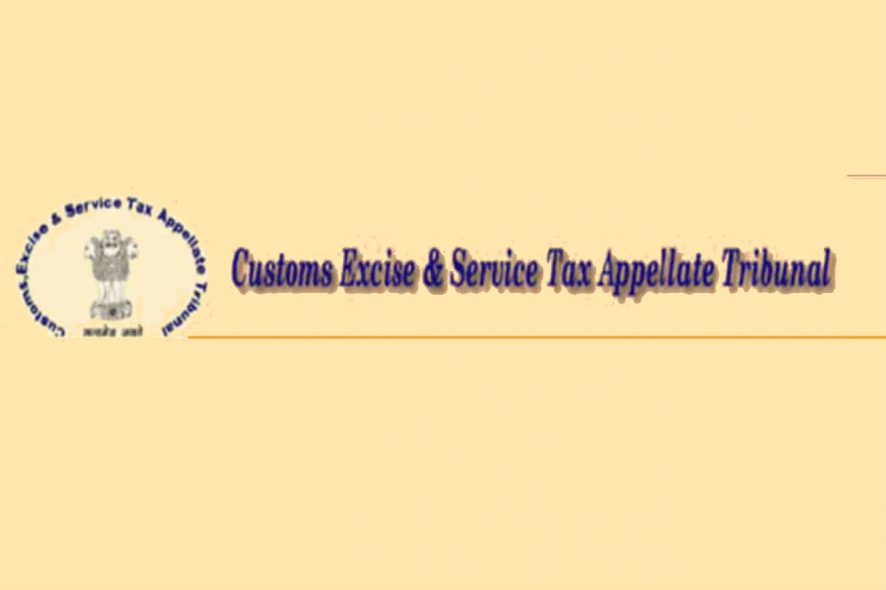Customs, Excise and Services Tax Appellate Tribunal (CESTAT): Ashok Jindal (Judicial Member), allowed an appeal which was filed to decide over the issue that whether the provisions of Rule 6 (3) of CCR, 2004 were applicable to the facts of this case or not.
The appellant is engaged in the manufacture of DG sets and enclosures which were being sold by the appellant in open market and to various customers against the Duty Credit Scrips issued to them by DGFT under Served From India Scheme (‘SFIS’) in terms of Chapter 3 of the Foreign Trade Policy 2009-2014 (‘FTP’). The appellant cleared the goods during the period April 2012 to January 2016. An audit was conducted and it was found that the appellant has cleared DG sets without payment of excise duty under the Status Holder Incentive Scheme by availing the benefit and under SFIS. Further, in terms of CBEC the provisions of Rule 6(3) of the CCR, 2004 were not applicable for the goods cleared. proceedings were initiated against the appellant for recoveries for the goods cleared by the appellant to the goods cleared to the buyers by availing the benefit Two show cause notices were issued and adjudicated; demands were confirmed along with interest and equivalent amount of penalty was imposed. Thus, the instant appeal was filed.
Counsel for the appellant, Krati Somani submitted that SFIS duty credit scrips/licenses were issued by the DGFT as per Chapter 3 of the FTP and Para 3.12.8 of the FTP states that duty credit scrips are permitted to be utilized for payment of excise duty in terms of Department of Revenue Notification for procurement from domestic sources, in respect of items permitted for imports under SFIS Duty Credit Scrip. Thus, SFIS scrips provide an alternate way of paying the duty on goods other than discharging the duty liability in cash or through Cenvat. The counsel for the respondent, H.S. Brar submitted that it was a fact on record that the goods had been cleared without payment of duty claiming the benefit of exemption, therefore, the provisions of Rule 6 (3) of CCR, 2004 were applicable when the appellant is engaged in dealing the goods duty-free as well as dutiable goods.
The Tribunal observed that it was an admitted position by both sides that the goods in question manufactured by the appellant are dutiable under Chapter 85 of the CETA, 1985. The Tribunal considered the judgments of Voltamp Transformers Ltd. v. CCE Vadodara, 2011 SCC OnLine CESTAT 2582 and CCE v. Kirloskar Chillers (P) Ltd., 2017 SCC OnLine CESTAT 7633 relied on by the counsel of the appellant where it was held that the goods supplied under Notification No. 34/2006-CE dated 14.06.2006 is not exempted, therefore, the provisions of Rule 6 (3) (b) of CCR, 2004 are not applicable.
The Tribunal while allowing the appeal held that goods under SFIS Scheme were dutiable and not exempted goods, therefore, the provisions of Rule 6 (3) of the CCR, 2004 were not applicable to the facts of the present case further holding that no demand of interest and penalty was sustainable.[Sudhir Power Ltd. Unit-III v. CCE & ST, Excise Appeal No. 61004 of 2018, decided on 28-10-2020]
Suchita Shukla, Editorial Assistant has put this story together







